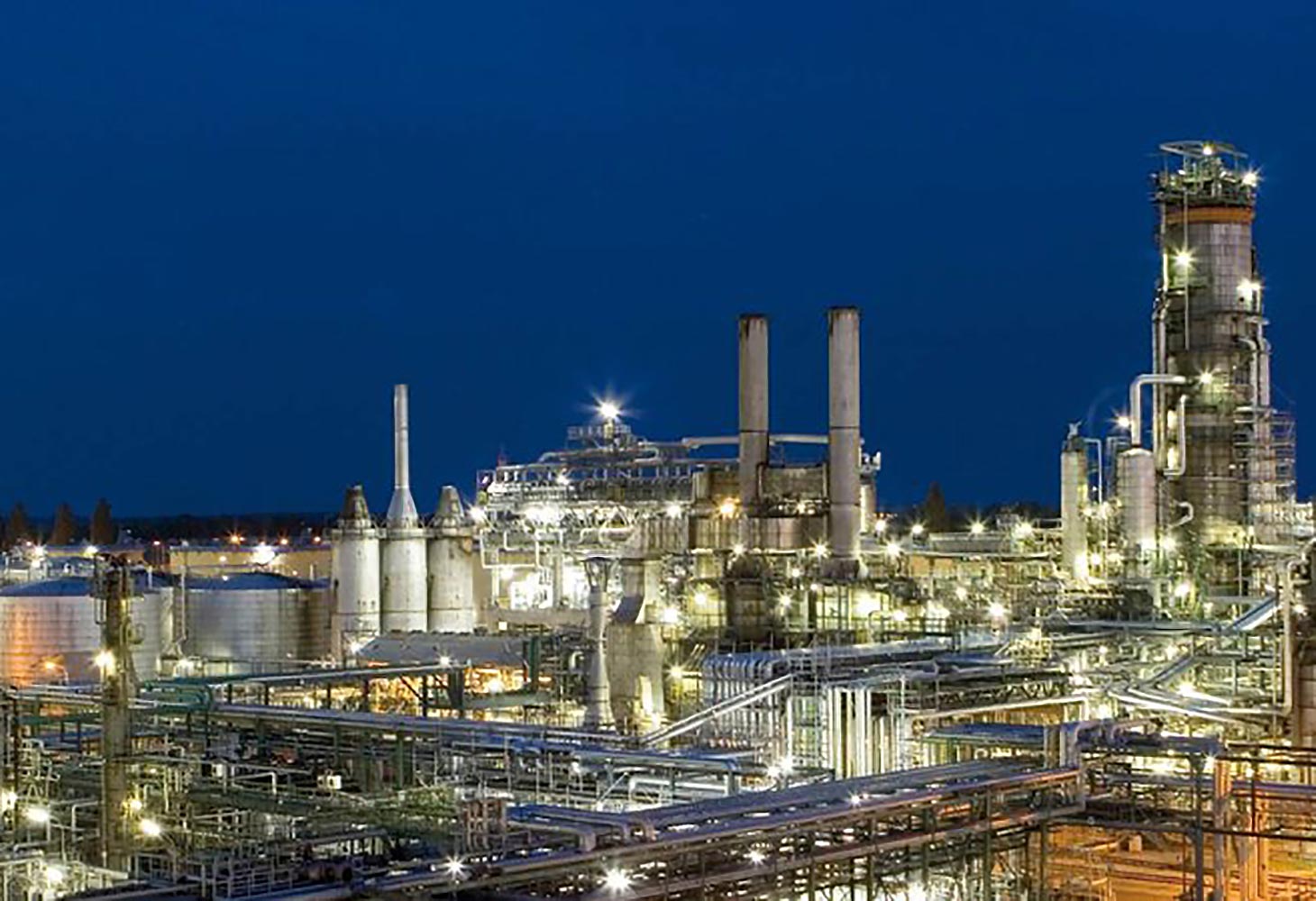
OMV to produce biofuels at Schwechat Refinery to reduce CO2 footprint
OMV, the integrated, international oil, gas and petrochemicals company headquartered in Vienna, Austria, will invest around EUR200 million (USD244 million) in biofuel production at the Schwechat Refinery in Austria.
OMV is currently investing in the Schwechat Refinery so it will be able to substitute large quantities of fossil diesel with biodiesel in an innovative co-processing approach.
The Schwechat Refinery is one of the largest and most modern inland refineries in Europe and is where OMV distills and refines crude oil and semi-finished products, converting them into high-quality mineral oil products and petrochemical raw materials. 9.6 million tons of crude oil can be processed annually in the high-tech plants in Schwechat. The Schwechat Refinery is supplied by the Adria-Wien-Pipeline (AWP), a branch connection of the Transalpine Oil Pipeline (TAL), and one of the most important pipelines transporting crude oil from the Mediterranean to Northern Europe.
OMV is committed to the Paris Agreement and EU climate targets and has set itself ambitious climate goals. OMV has pledged to reach net-zero emissions in operations (Scope 1 and 2) by 2050 or sooner. On its long-term path to net zero, OMV has set concrete interim targets: By 2025, at least 60% of the product portfolio should consist of natural gas and low/zero-carbon products. The investment in the Schwechat site for processing biofuels contributes to the goal of reducing the carbon intensity of the OMV product portfolio (Scope 3) by at least 6% versus 2010.
Using an innovative co-processing approach, the hydrogenated vegetable oil should lead to an annual reduction in OMV’s carbon footprint of up to 360,000 metric tons of fossil CO2. This is equivalent to the annual emissions of around 200,000 cars driving an average of 12,000 km per year. The product meets the highest quality standards and can be freely used in any type of vehicle. The technology applied is not limited to vegetable oil – waste products (such as used cooking oil) and advanced feedstocks are also possible and will be used based on availability.
“The conversion in the OMV Schwechat Refinery makes a key contribution to more sustainable mobility and is another step in achieving our climate targets. At the same time, we are providing economic stimulus in Austria with this investment of almost EUR200 million,” said Thomas Gangl, OMV chief downstream operations officer.
OMV expects demand for its hydrogenated biofuels to increase ten-fold by 2030. OMV’s decision to invest in its own production lines is part of the transformation process. With this, OMV is one of the first companies in Europe to engage in co-processing on an industrial scale.
OMV operates a total of three refineries: one in Schwechat, Austria, and one in Burghausen, South Germany, with both refineries also producing basic petrochemicals, along with the Refinery Petrobrazi in Romania. OMV has a total annual refinery capacity of 17.8 million tons.











